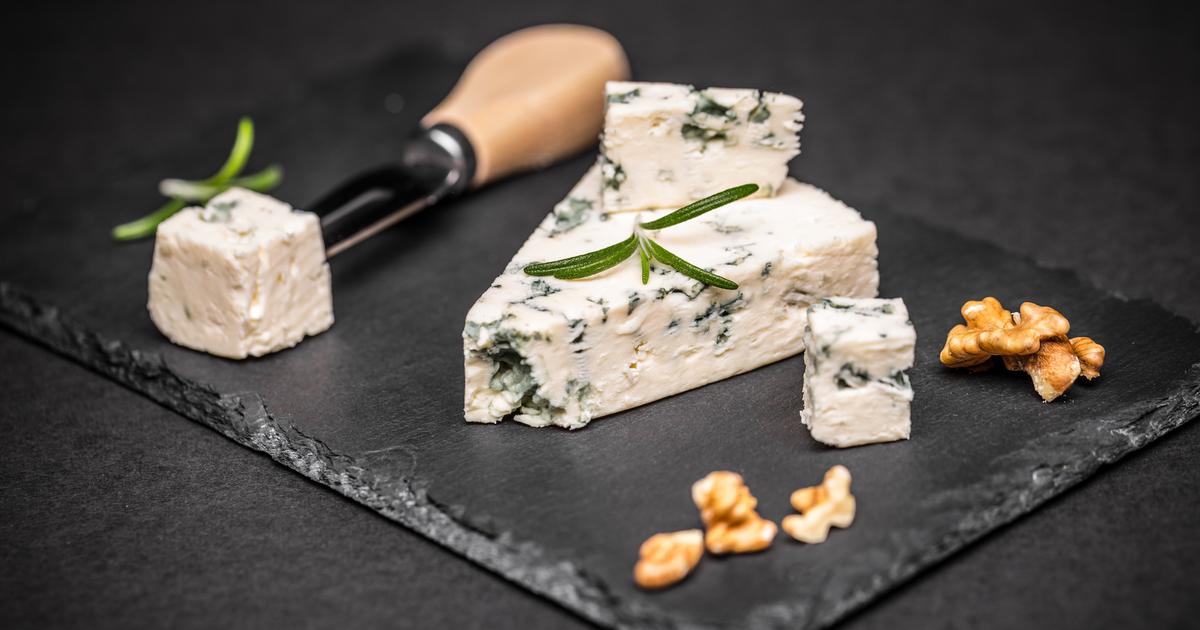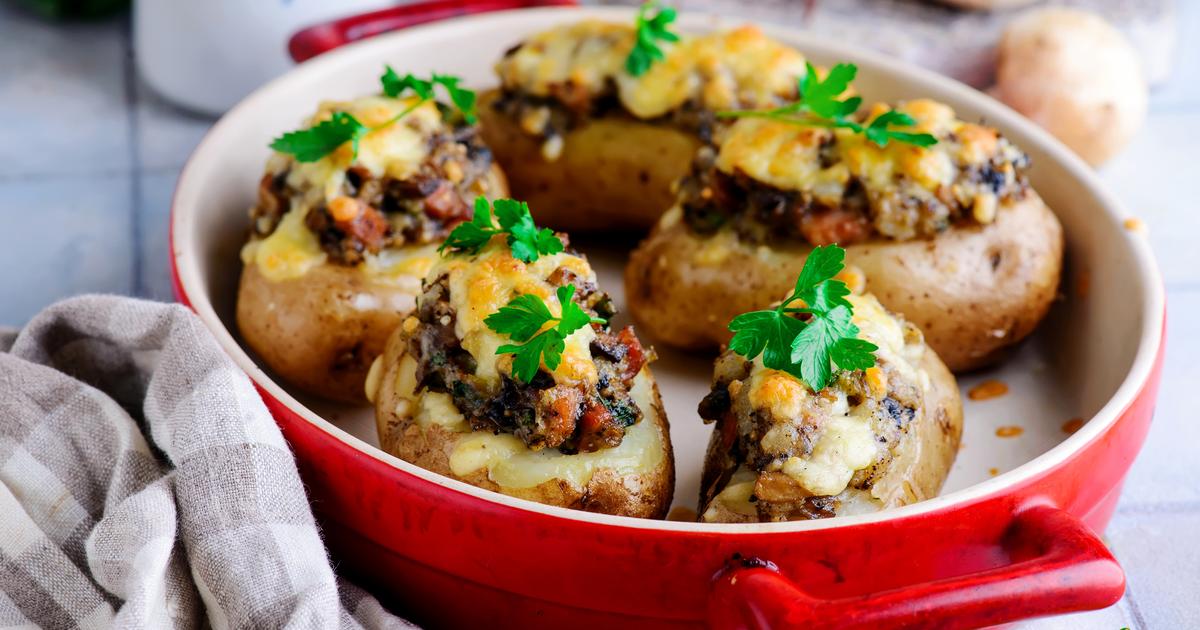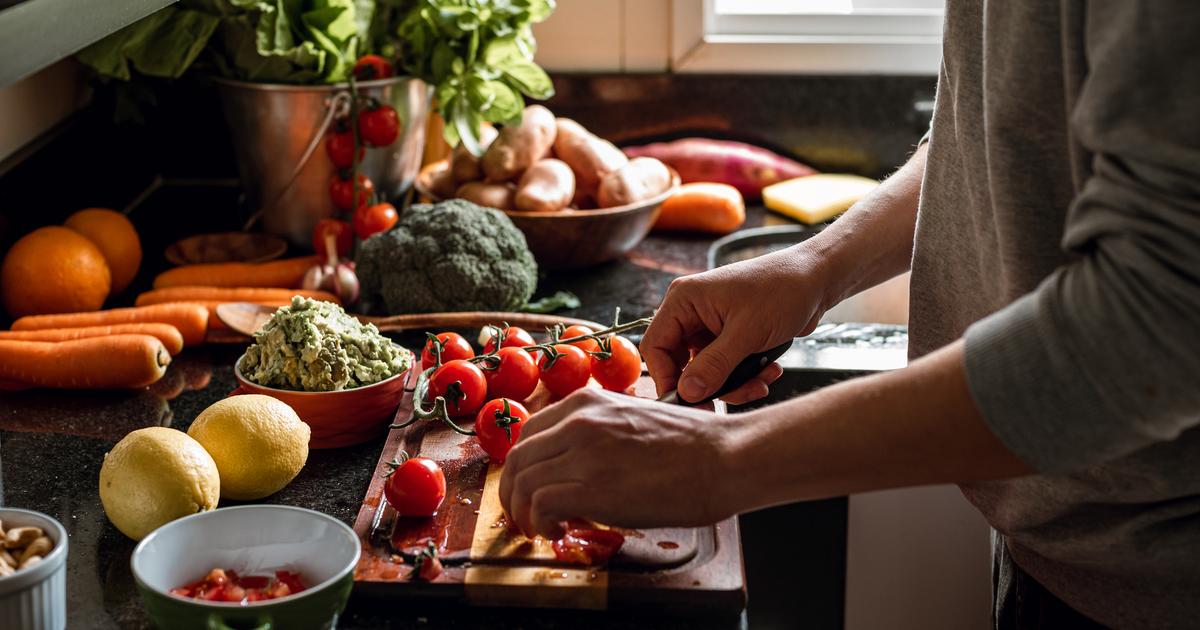After five years of negotiations, appellations d'origine contrôlée (AOC), Parma ham, Roquefort and feta, are still sowing discord between the European Union and Australia. Canberra on Thursday threatened to withdraw from a proposed free trade agreement with Brussels because it would not allow its cheese, wine and charcuterie producers to use AOCs.
As part of these ongoing lengthy trade negotiations, the European Union has submitted to Australia a list of more than 400 products associated with its territories, which it wishes to protect. These are mainly cheeses, charcuterie or Irish spirits. From the point of view of Brussels, only French producers around the Aveyron village of Roquefort should be able to claim the eponymous appellation for their sheep's cheese.
In the same way, the Dutch must be able to protect the name 'gouda', a cheese made in the Netherlands. But Canberra refuses to give in to these demands, despite all the benefits of the trade agreement that should allow the two economic powers to trade goods without tariffs.
See alsoThe Australia-EU free trade agreement stumbles over product names
"Better not to conclude anything at all"
«
After World War II, Australia experienced a strong wave of immigration from Europe. Our producers brought their products back from their countries of origin and made them here," Australian Agriculture Minister Murray Watt said. Australian companies produce cumin gouda made in rural Gippsland, Victoria, from the milk of local cows.
If "Australia does not manage to get a good agreement", in particular by opening the European market to more Australian products, "it is better not to conclude anything at all", added the minister. However, negotiations are continuing. Australia wants this agreement to obtain a reduction in tariffs, which particularly affect its agricultural exports. For the EU, this is a way to reduce its dependence on imports from certain countries, foremost among them Russia.















